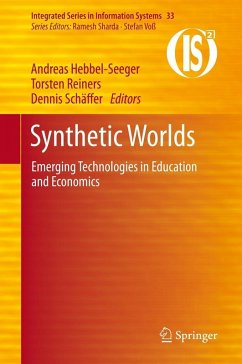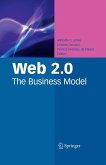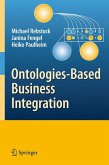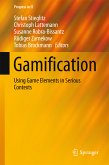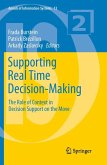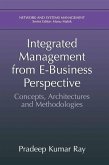The editors of this book captures the state of research in the field intended to reflect the rapidly growing yet relatively young market in education and business. The general focus is set on the scientific community but integrates the practical applications for businesses, with papers on information systems, business models, and economics.
In six parts, international authors - all experts in their field - discuss the current state-of-the-art of virtual worlds/alternate realities and how the field will develop over the next years. Chapters discuss the influences and impacts in and around virtual worlds. Part four is about education, with a focus on learning environments and experiences, pedagogical models, and the effects on the different roles in the educational sector. The book looks at business models and how companies can participate in virtual worlds while receiving a return on investment, and includes cases and scenarios of integration, from design, implementation to application.
Dieser Download kann aus rechtlichen Gründen nur mit Rechnungsadresse in A, B, BG, CY, CZ, D, DK, EW, E, FIN, F, GR, HR, H, IRL, I, LT, L, LR, M, NL, PL, P, R, S, SLO, SK ausgeliefert werden.

